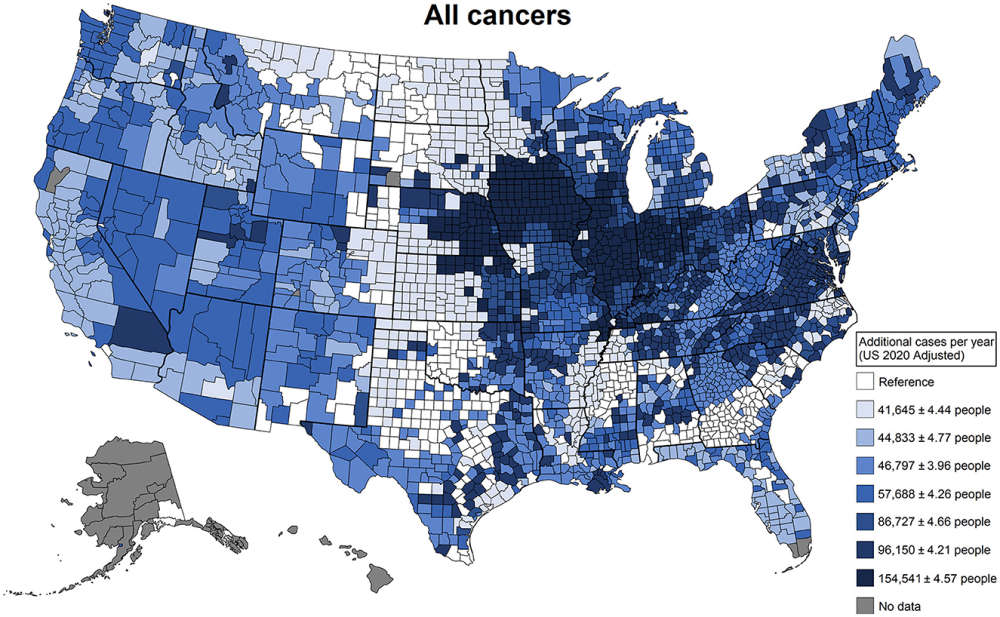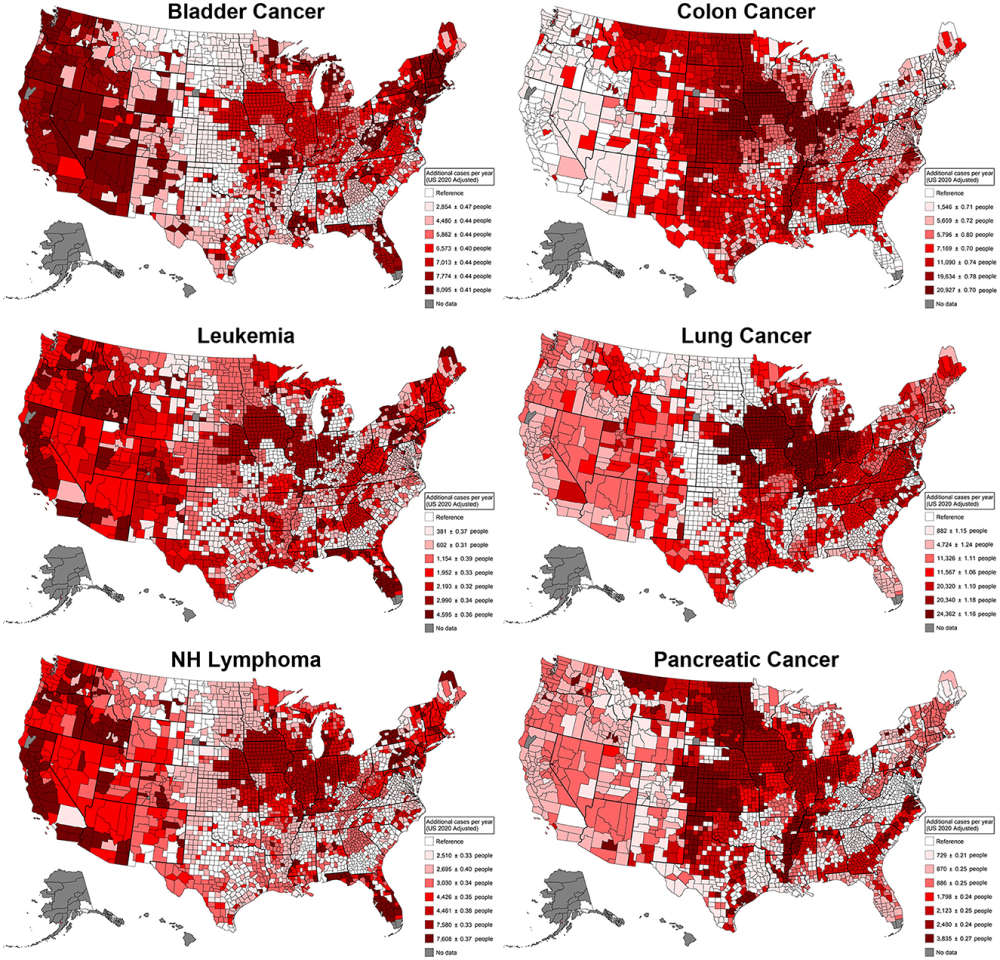STUDY CLAIMS CANCER-CAUSING PESTICIDES IN FRUITS AND VEGETABLES ARE AS DANGEROUS AS SMOKING
Matt Case - July 25th, 2024 - 6:54am PDT
Study Claims Pesticides in Fruits and Vegetables as Harmful as Smoking

WASHINGTON — Exposure to pesticides used in farming can cause as much harm to the body as smoking, a new study suggests.
Researchers found that common chemicals used to grow fruits and vegetables in the U.S. were associated with higher levels of several cancers, including Hodgkin's lymphoma, leukemia, and bladder cancer, than smoking.
The study estimated that pesticide use was linked to up to 150 percent more cancers in areas like the Midwest and Great Plains. Strawberries, spinach, and collard greens, typically thought of as some of the healthiest foods, were named among the produce with the most pesticides.
Researchers urged people to wash produce before eating to limit their consumption of pesticides. However, other experts criticized the study's findings, arguing that the way the data was calculated made it unreliable. In addition to landing on fruits and vegetables that millions of people buy in grocery stores daily, pesticide runoff from irrigation and spraying can contaminate nearby water and soil, polluting drinking water and other crops.

Some research indicates that up to 80 percent of Americans have detectable levels of pesticides in their blood. For the new study, researchers reviewed county-wide sales of 69 different pesticides from the U.S. Geological Survey. "These data are the most extensive national pesticide data available," the team noted.
They compared this with regional cancer and smoking data from the CDC and NIH to estimate how many cases of cancer had been caused by agricultural chemicals. The team used that data to evaluate rates per 100,000 people for all cancers, bladder cancer, colon cancer, leukemia, lung cancer, non-Hodgkin's lymphoma, and pancreatic cancer.
The U.S. researchers said that because more than one pesticide is often used at once, the cancer culprit is likely many of them used together in a “cocktail.”
Dr. Isain Zapata, a professor at the Rocky Vista University College of Osteopathic Medicine in Colorado and co-author of the report, said: "It is difficult to explain the magnitude of an issue without presenting any context, so we incorporated smoking data. We were surprised to see estimates in similar ranges."
Their findings were published in the journal Frontiers in Cancer Control and Society.

